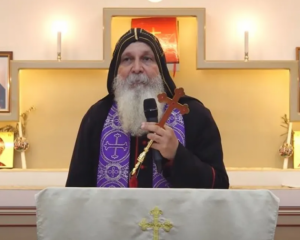Prime Minister David Cameron said Britain's relationship with the European Union was "not good enough" after his foreign minister warned the bloc had to change its founding treaties and give London a meaty reform deal to keep it as a member.
Speaking in Paris on the first day of a whirlwind European tour to try to drum up support for EU reform, Cameron said he was confident he could get a settlement, something he has promised to secure before giving Britons an EU membership in-out referendum by the end of 2017.
"My priority is to reform the European Union to make it more competitive and address the concerns of the British people about our membership. The status quo is not good enough," said Cameron, flanked by French President Francois Hollande.
"What matters is that the European Union and its 28 members are flexible and imaginative enough to respond to these issues."
Cameron has various demands, the thrust of which are to claw back powers from Brussels to allow Britain to opt out of what he sees as a dangerous shift to greater political integration.
Cameron met Dutch Prime Minister Mark Rutte in The Hague earlier on Thursday before starting talks with Hollande. He is due in Warsaw and Berlin on Friday for talks with Polish Prime Minister Ewa Kopacz and German Chancellor Angela Merkel.
Hollande said France wanted Britain to stay in the EU, something he said was in the best interests of the bloc and of London. He indicated he was ready to listen to Cameron's reform proposals.
Earlier, British Foreign Secretary Philip Hammond had warned the EU needed to amend its founding treaties to accommodate Britain and make substantive concessions to keep it in.
"If our partners do not agree with us, do not work with us to deliver that (reform) package, then we rule nothing out," Hammond told BBC radio.
Speaking at a G7 meeting in Germany, finance minister George Osborne struck a softer tone, saying he sensed "a real willingness" among other EU countries to negotiate.
Potential setback
Cameron's government introduced a law into parliament on Thursday to guarantee the EU referendum will be held by the end of 2017. It also disclosed the question voters will be asked, making it "Yes" to stay in, "No" to leave.
Some EU countries have made clear they have no appetite to re-open the bloc's treaties to suit Britain, which wants to alter them so it can restrict and delay EU migrants' access to its welfare system.
But London has long asserted that the treaties would need to be overhauled anyway as part of an inevitable drive to further integrate the euro zone.
In a potential setback for Cameron, a Franco-German paper seen by Reuters shows the two countries have agreed plans to strengthen cooperation among the 19 countries using the euro currency, without changing existing treaties.
Hammond said he expected some EU states initially to adopt a hardline negotiating position.
"What matters is getting it right rather than doing it quickly," Hammond said of the renegotiation. "We're certainly not going to trade substantive reform just for getting it done quickly."












